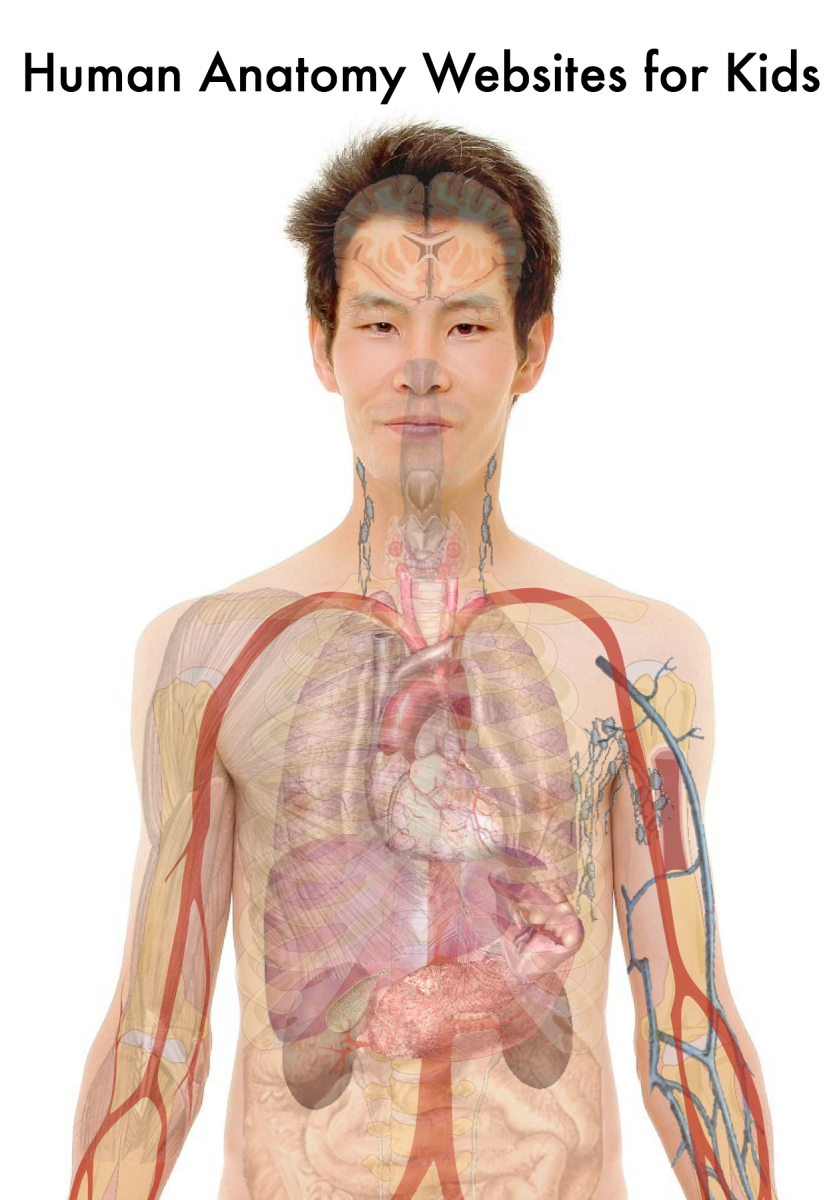Throughout history, the concept of human rights has emerged as a fundamental pillar for understanding and advocating for the dignity of individuals. Each person, regardless of their background, is entitled to basic freedoms that are intrinsically linked to their humanity. In a Christian perspective, these rights are not merely societal constructs but are grounded in divine principles that honor and respect the inherent value of every individual created in the image of God.
Understanding human rights involves a multifaceted approach. At its essence, human rights can be viewed as the fundamental freedoms and protections that individuals are entitled to, simply by being human. These rights cultivate an environment where justice, equality, and respect thrive. A celestial blueprint underpins these freedoms, as articulated in scriptures that instruct believers to love their neighbors and care for the less fortunate. This divine mandate transcends cultural differences and political ideologies, inviting a collective responsibility towards one another.
The biblical foundation for human rights finds its roots in the creation narrative. Genesis reveals that humanity was created in the image of God (Imago Dei), which bestows an inherent dignity upon every individual. This inherent value necessitates the protection of fundamental freedoms including the right to life, liberty, and personal integrity. Christians are called to recognize that each person, irrespective of social status, nationality, or belief, deserves respect and protection rooted in their divine likeness.
At the heart of human rights are two interrelated concepts: dignity and justice. Dignity directly aligns with the understanding that every individual is worthy of honor due to their God-given identity. This translates into various rights, such as the right to life, which underscores the sanctity of life—an essential principle echoed throughout scripture. Justice, on the other hand, calls for equitable treatment and the rectification of societal inequalities. Here, the Christian ethos compels believers to pursue justice actively, advocating for those marginalized or oppressed within society.
In practical terms, human rights encompass a broad spectrum of entitlements that safeguard individuals against abuses. These rights include, but are not limited to:
- The Right to Life: The cornerstone of human rights is the right to live, a principle that aligns profoundly with Christian beliefs regarding the sanctity of life from conception to natural death.
- The Right to Freedom: This includes the freedom of thought, conscience, and religion. Christians are called to defend the right of every individual to express their beliefs, reflecting the inclusive love of Christ.
- The Right to Education: Access to education fosters growth and self-understanding, empowering individuals to pursue their God-given potential. This right is vital for the flourishing of both individuals and communities.
- The Right to Work and Earn a Living: Engagement in meaningful work is a divine calling. Economically marginalized individuals should have access to employment and fair wages, reflecting God’s desire for stewardship and productivity.
- The Right to Participate in Government: The involvement in political processes is crucial for justice and equity. Christians are encouraged to engage in civic responsibilities, promoting governance that reflects Christian values of love, mercy, and justice.
- The Right to Assemble Peacefully: The Bible encourages believers to gather together, fostering community and support. This right ensures that individuals can congregate to express their views and seek communal transformation.
However, while these rights serve as a guide, they are often contested in various regions across the globe. The encroachment upon human rights can manifest through violence, discrimination, and systemic oppression. For Christians, this presents a clarion call to address injustices. Engaging with international and local human rights organizations, supporting those in need, and advocating for change are integral actions aligned with a faith-based commitment to safeguarding human rights.
Furthermore, it is essential to consider the universality of human rights from a Christian perspective. The rights are not limited by geography, culture, or time; they are unalienable and inherent to every person. The Great Commission illustrates the Christian call to share the Gospel with all nations—thus, it also necessitates advocating for the rights of every individual to hear and respond to that good news, steering Christian hearts towards global awareness and compassion.
In light of the moral teachings of Jesus, believers are called to reflect on their attitudes towards those who suffer. The parable of the Good Samaritan, for example, serves as a poignant reminder of the command to extend kindness and assistance to all, irrespective of societal divides. Addressing human rights, therefore, becomes more than a political stance; it is a manifestation of Christ’s love in action. It challenges Christians to immerse themselves in the lives of the marginalized and transform societal structures that inhibit freedom and dignity.
In conclusion, exploring human rights from a Christian viewpoint unveils a profound tapestry of responsibilities woven through biblical principles. These rights are not merely abstract notions but are deeply intertwined with our faith. As stewards of God’s creation, Christians are urged to champion the cause of justice, advocate for the oppressed, and embody the love of Christ towards every individual. In doing so, we foster a world that honors human dignity, upholds justice, and reflects the values of the Kingdom of God.



